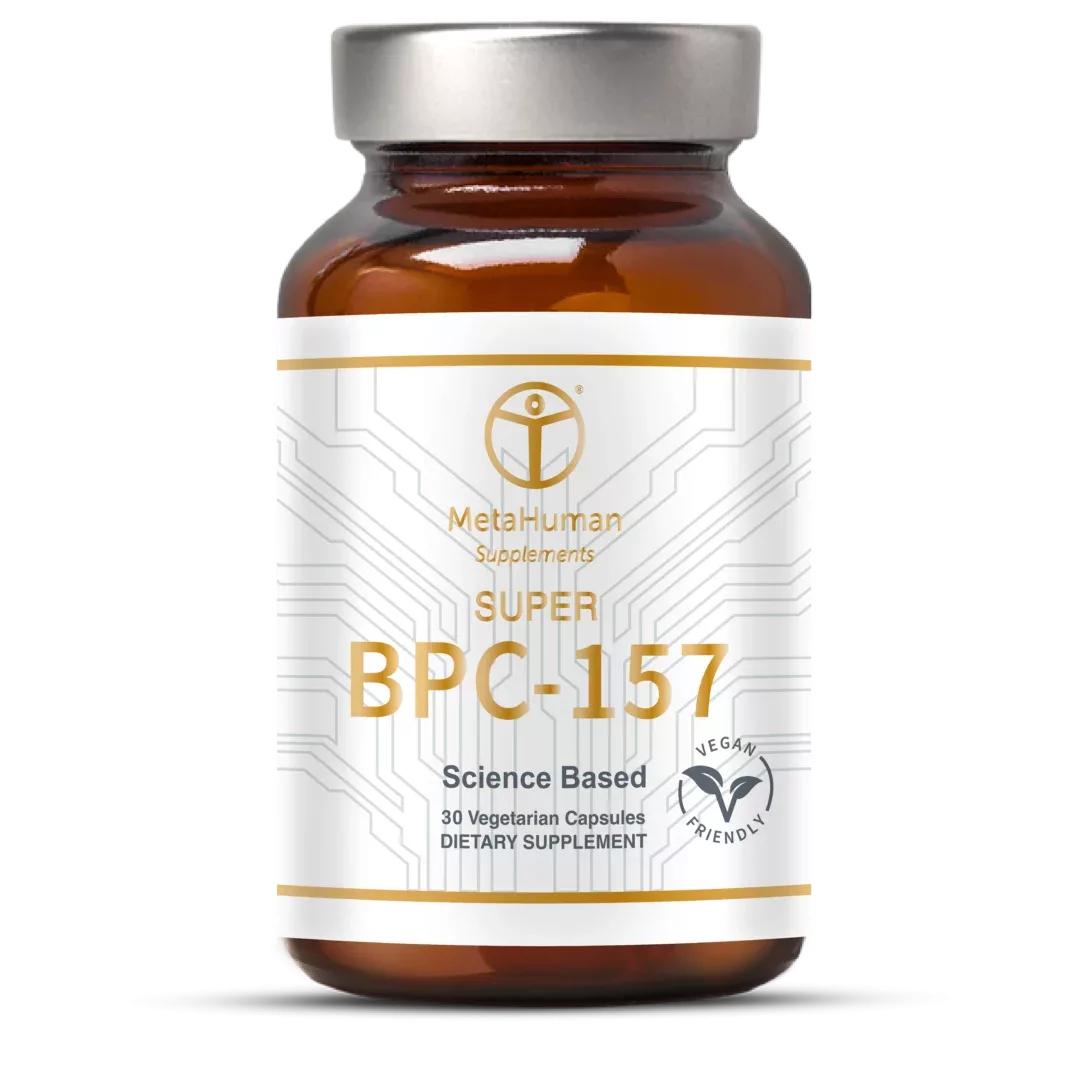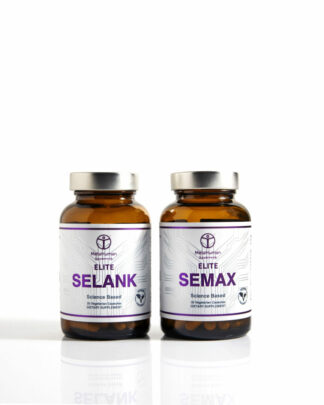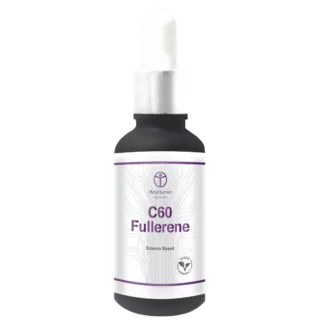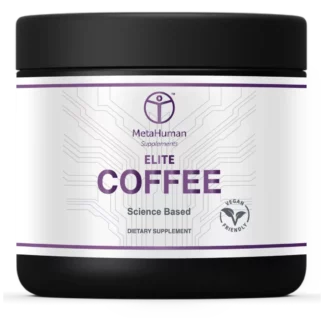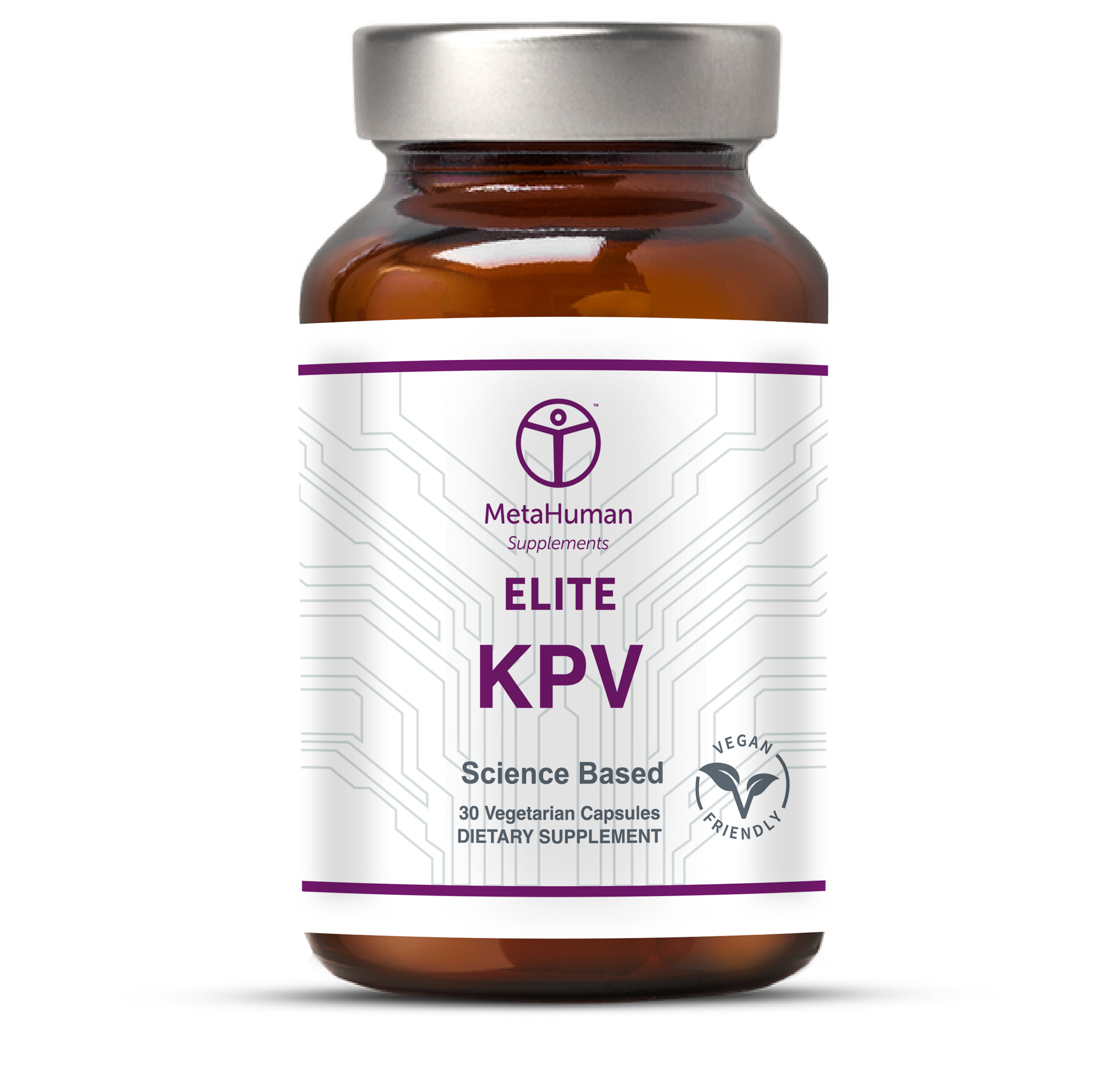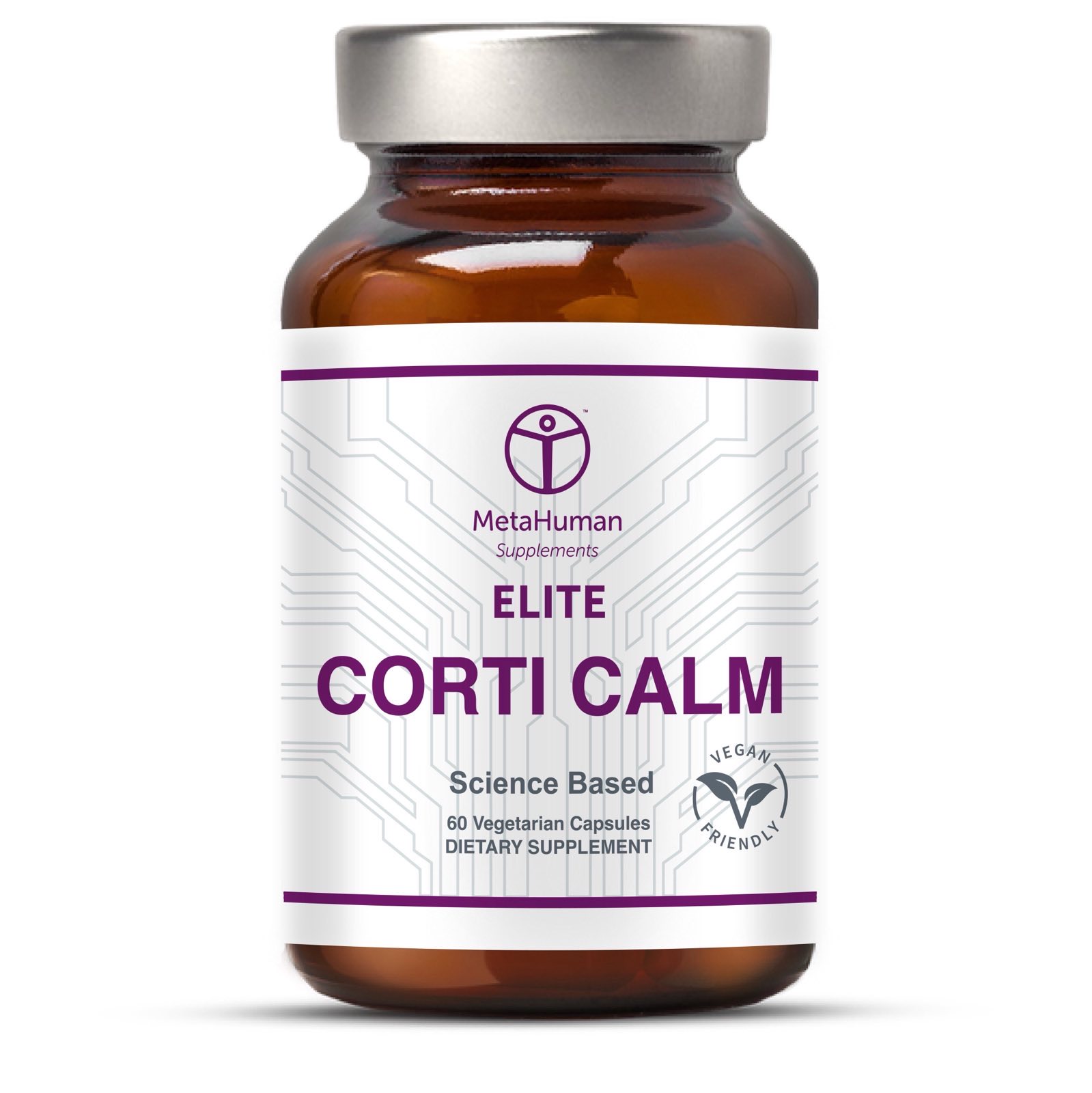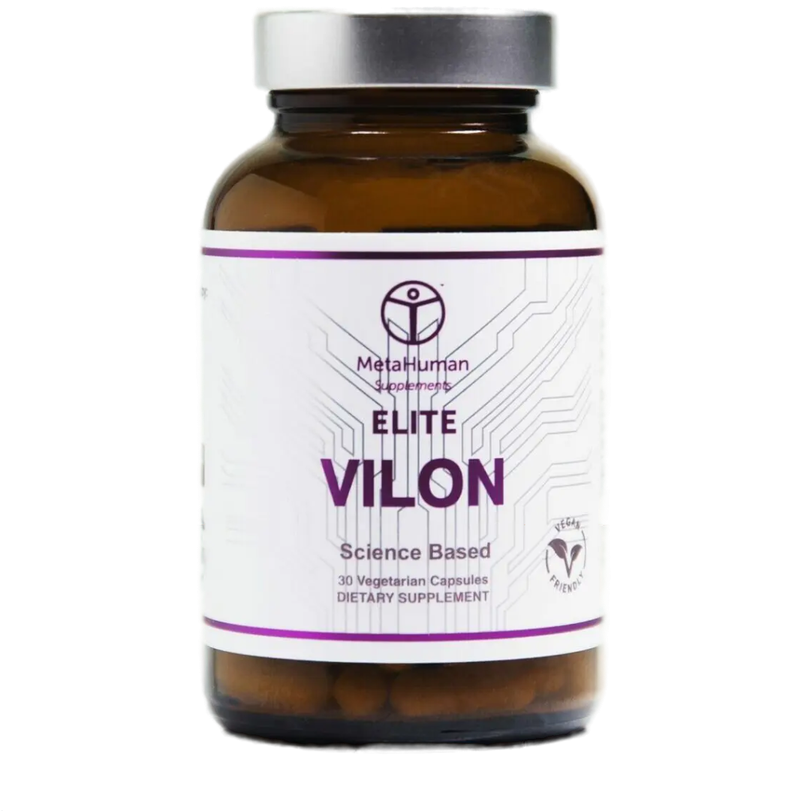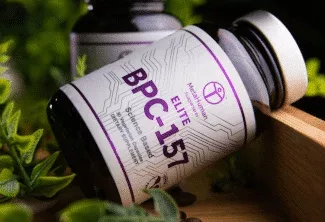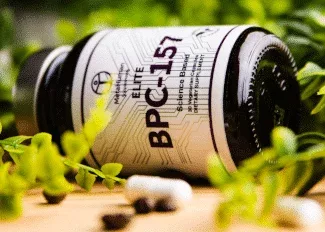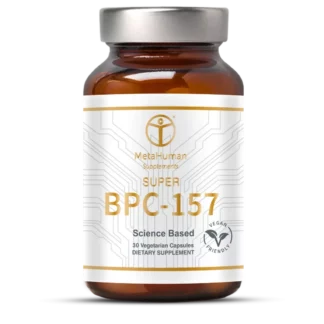Description
Elite BPC-157 This is the most effective version of BPC-157, resistant to gastric pH as well as temperature, thus the most stable version that is available on the world market.
Elite’s BPC-157 dietary supplement is particularly popular with high-level athletes who are particularly vulnerable to any muscle and joint injuries. BPC 157 is known for its very fast and professional healing of joints, as well as tendons and ligaments.
We added SNAC to Elite BPC-157, which is the most advanced intestinal permeation enhancer , and has been tested in clinical trials for oral delivery of macromolecules and peptides.
-increases passive transcellular permeation through the small intestinal epithelium based on increased lipophilicity
-inhibits pepsin in the stomach temporarily
-Inhibits peptidases
-Provides discrete mechanisms at the level of epithelial interactions in the small intestine, especially at high doses used in vivo.
-Helps “open” tight junctions to increase paracellular permeability
-Decreased mucus viscosity
-Inhibits epithelial efflux pumps
-It is safe and approved by the Food and Drug Administration (FDA)
What is the BPC-157?
BPC-157 is a protein sequence found in the human stomach that is released by the body’s gastric juices to help the body activate our natural healing processes.
Elite BPC-157 provides a number of health benefits-it acts as an immunomodulator, improves the function of the digestive system, and is great for all kinds of fractures, breaks, strains as well as their prevention for professional athletes.
What distinguishes the Elite BPC-157?
First of all, stability in gastric juice, compared to other forms. Elite BPC-157 contains in its formulation the patented ARG-BPC157 Salt, which has proven to be the best in terms of strength in gastric juice and high temperature compared to other salts of this peptide. The consequence of this is much better stability in gastric juice, better biological activity, since the intact compound is present in the body for a longer period of time, thus significantly improving its absorption. A key treatment is also the addition of mannitol to the capsule, which further prolongs the stability of the peptide. The stability of a compound in gastric juice is an important parameter, especially in peptides, which break down very quickly in the presence of the enzyme pepsin and in an acidic environment.
Elite BPC-157 is particularly popular with high-level athletes who are particularly vulnerable to any muscle and joint injuries. BPC 157 is known for its very fast and professional healing of joints, as well as tendons and ligaments. In addition, the product is not on the anti-doping list and is vegan-friendly.
PEA
The field of pain medicine continues to evolve rapidly, with significant progress toward optimizing the treatment of patients with both acute and chronic pain. Unfortunately, there are many substances available on the pharmacological market that show quite persistent side effects when used continuously. As a result, chronic pain remains a major source of morbidity affecting millions of people worldwide, and adequate pain control is unfortunately not provided in all cases. There is widespread interest in both the discovery of new therapeutic agents and the repurposing of known agents in the search for new evidence-based analgesics for chronic pain.
Nobel laureate Levi-Montalcini identified PEA as a naturally occurring molecule, describing its value in treating chronic infections and pain. After its discovery, hundreds of scientific studies were published showing that it is very effective and safe to use.
PEA is thought to work by promoting the inflammatory response through the PPAR-a receptor, COX-2 and by affecting NF-kappaB signaling, as well as by rebalancing the endocannabinoid system. Its mechanism of action is similar to that of non-steroidal anti-inflammatory drugs (NSAIDs).
The use of PEA has been described in various contexts, such as the treatment of peripheral neuropathic pain and musculoskeletal pain and in palliative care .
PEA has anti-inflammatory effects on the body by inhibiting the production of pro-inflammatory cytokines. It is also believed to reduce pain by modulating neurotransmitters involved in pain signaling. In addition to its analgesic and anti-inflammatory effects, PEA is believed to provide neuroprotection by reducing levels of reactive oxygen species and modulating cell death pathways. It has also been shown to improve cognitive function.
The endocannabinoid system is involved in many physiological processes, including digestion. The role of the endocannabinoid system in the gut has been widely studied, and it is now well known that cannabinoids modulate gastrointestinal motility, secretion and inflammation. PEA is one of the most prevalent endocannabinoids in the gut and is thought to play a key role in the gut-brain axis. The endocannabinoid system is known to be involved in various digestive disorders, such as inflammatory bowel disease (IBD), irritable bowel syndrome (IBS) and gastroesophageal reflux disease (GERD).
Several studies have shown that PEA is effective in reducing IBS symptoms, such as abdominal pain and bloating. A recent clinical trial showed that a PEA-based product was able to significantly reduce IBS symptoms in patients who did not respond to standard therapy. PEA has also been shown to be effective in supporting other digestive disorders, such as GERD and IBD. In a clinical trial, PEA was able to significantly reduce GERD symptoms such as heartburn and gastric reflux.

